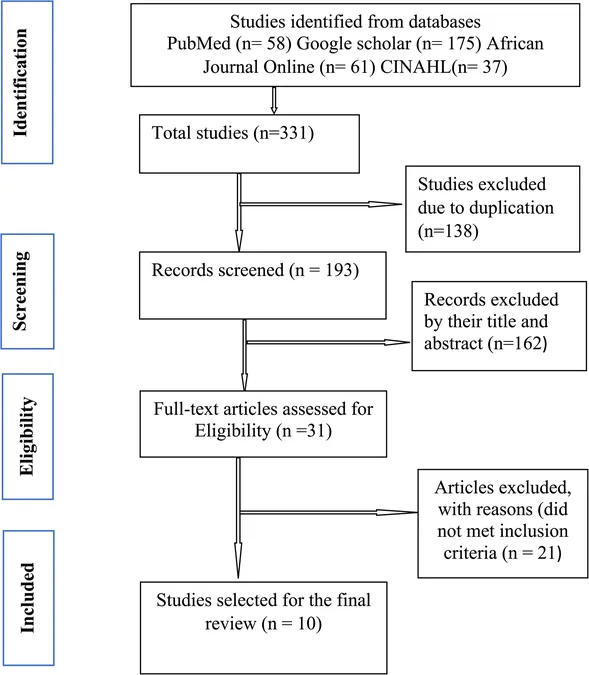
Alarming Sleep Crisis: Ethiopian Women Struggling with Sleep Quality and Mental Health
2025-08-29
Author: Rajesh
Introduction: The Hidden Crisis of Sleep and Mental Health
Sleep disturbances pose a serious threat to women's overall wellbeing, particularly in Ethiopia where research investigating this issue remains underexplored. Globally, poor sleep quality has been linked to various mental health disorders, and this study sheds light on how these issues specifically affect Ethiopian women of reproductive age.
Research Methodology: Unraveling the Data
An extensive literature search was conducted across multiple databases, including PubMed and Google Scholar, capturing studies from their inception to February 2025. The quality of these studies was assessed using the Newcastle-Ottawa Scale to ensure only the most reliable data was analyzed. A DerSimonian-Laird random-effects meta-analysis was employed to estimate pooled effect sizes.
Shocking Findings: Prevalence of Sleep Issues
From ten impactful studies, it was revealed that an astonishing 54% of reproductive-age women reported poor sleep quality. This figure not only reflects a prevalent crisis but also correlates strongly with common mental disorders (CMDs). Specifically, women suffering from depression were found to be 2.78 times more likely to experience sleep quality issues, while those with anxiety had a 2.65 times higher risk.
The Interplay Between Sleep and Mental Health
The findings underline a crucial relationship: poor sleep is both a symptom and a contributor to mental health challenges. In Ethiopia, where cultural and socioeconomic factors deeply impact health, understanding this interplay could lead to desperately needed targeted interventions. Alarmingly, mental health problems during pregnancy were noticeable, affecting maternal well-being and child development.
A Call to Action: Addressing the Crisis
It's imperative that public health policies focus on integrating mental health services with sleep health initiatives. Efforts must be made to promote comprehensive strategies addressing both CMDs and sleep issues among women. Tailored health education campaigns and expanded access to mental health support in rural areas are crucial.
What Lies Ahead: Future Research Directions
Future studies must investigate regional disparities in sleep quality across Ethiopia, exploring the unique challenges faced by women in different contexts. Longitudinal research is essential to clarify the causal pathways between sleep disturbances and CMDs. By examining these intersections, we can develop evidence-based approaches tailored to the needs of Ethiopian women.
Conclusion: A Critical Public Health Concern
The stark reality of poor sleep and its association with mental disorders among Ethiopian women calls for urgent attention. The overwhelming prevalence of these issues underscores the necessity for integrated interventions that not only address sleep disturbances but also enhance overall mental health. It’s time to prioritize the wellbeing of women—the future of Ethiopia depends on it.


 Brasil (PT)
Brasil (PT)
 Canada (EN)
Canada (EN)
 Chile (ES)
Chile (ES)
 Česko (CS)
Česko (CS)
 대한민국 (KO)
대한민국 (KO)
 España (ES)
España (ES)
 France (FR)
France (FR)
 Hong Kong (EN)
Hong Kong (EN)
 Italia (IT)
Italia (IT)
 日本 (JA)
日本 (JA)
 Magyarország (HU)
Magyarország (HU)
 Norge (NO)
Norge (NO)
 Polska (PL)
Polska (PL)
 Schweiz (DE)
Schweiz (DE)
 Singapore (EN)
Singapore (EN)
 Sverige (SV)
Sverige (SV)
 Suomi (FI)
Suomi (FI)
 Türkiye (TR)
Türkiye (TR)
 الإمارات العربية المتحدة (AR)
الإمارات العربية المتحدة (AR)